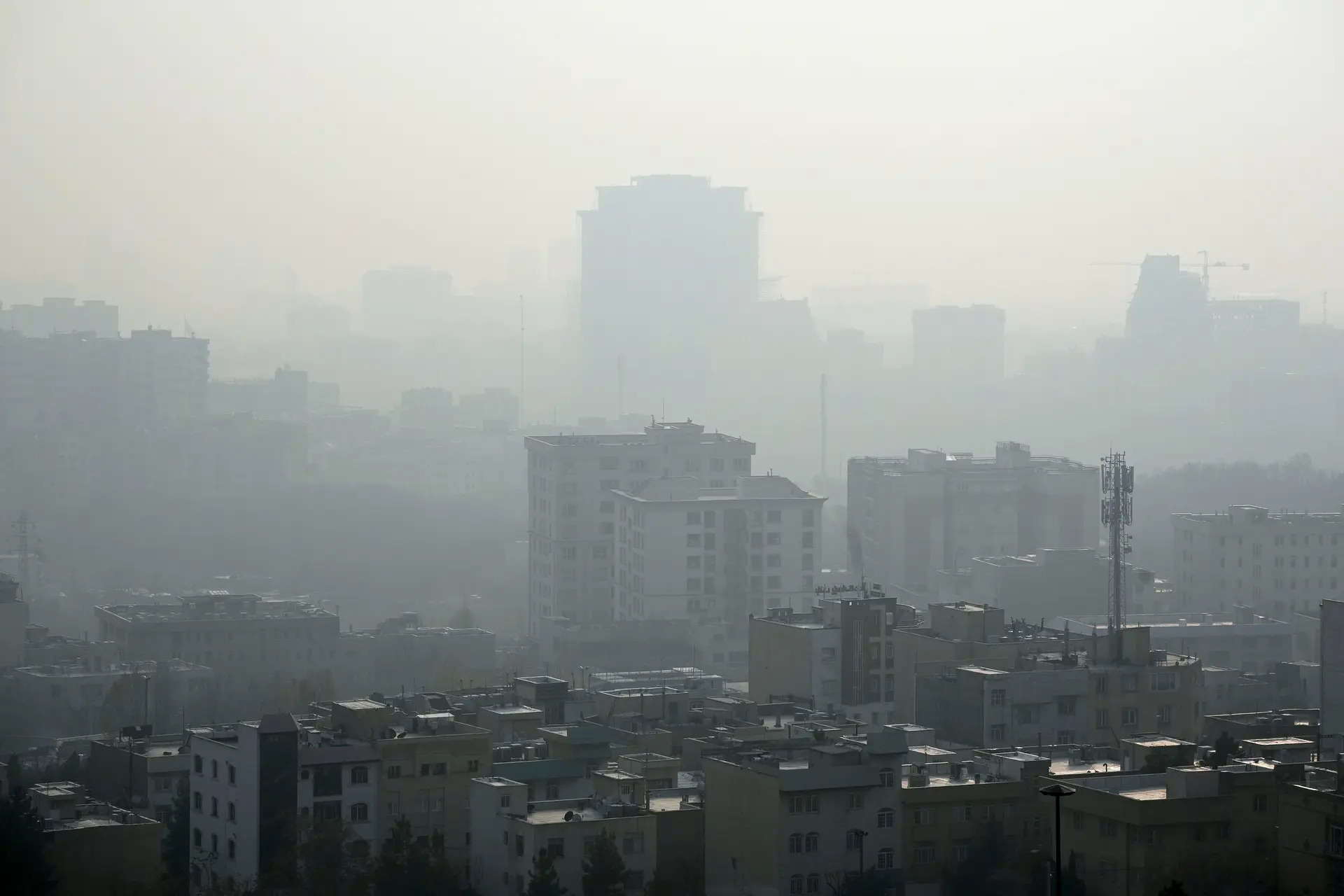
PUNE: The Pimpri Chinchwad Municipal Corporation on Wednesday rolled out the graded response action plan (GRAP), a drastic anti-pollution measure that combines real-time monitoring, advanced forecast, and stringent enforcement to ensure the air quality is systematically improved. With this, the city becomes the first in Maharashtra and one of the few in the country to take such an initiative.
At present, GRAP I is in force considering the city’s air quality index (AQI) is between 101 and 300 (moderate to poor). That means the civic body will have to focus on controlling road dust, restricting illegal waste dumping, and improving traffic management.
Under the plan, which is being executed jointly with the Centre for Development of Advanced Computing (CDAC), the authorities can go to the extent of banning vehicular movements or construction activities, civic officials said.
Explaining the process, an official said if AQI is recorded between 301 and 400 (very poor), they will restrict the use of diesel generators, enhance road cleaning and promote public transport. If AQI ranges between 401 and 500 (severe), the highly polluting industries will be ordered to remain shut, and non-motorised zones will be created besides levying stricter fines for violations, the official pointed out.
Another official said the advanced air quality forecasting actions under GRAP phases II, III, and IV will be triggered three days in advance as per the CDAC decision support system. “These measures will be implemented for a minimum of 15 days or until a significant improvement in air quality is observed. Besides, automatic number-plate recognition cameras and on-ground personnel will track emission control compliance through a system integrated with RTO and the traffic police database.”
Shekhar Singh, municipal commissioner, said GRAP is like a short-term firefighting measure to curb pollution. “The average AQI is rising every year due to multiple reasons such as density and increasing construction in developing cities, but we must take preventive measures before we enter into the severe category. People talk about restrictions in Delhi when they hear about GRAP, but we are not in that severe condition yet.”
The corporation has already started taking steps mentioned in GRAP I such as focusing more on road washing to reduce dust and preventing waste burning, as the air quality worsened earlier this month, Singh said. “We consulted all stakeholders before implementing this initiative, and the draft was kept for public scrutiny twice on our website for their inputs and objections.”
Civic officials said a dedicated enforcement agency has been engaged to conduct round-the-clock surveillance, vigilance, and patrolling to monitor and curb various types of waste-related and environmental violations. The team has 39 personnel comprising one project manager, four supervisors, two data entry operators, and 32 on-field staff.
According to a Central Pollution Control Board (CPCB) report, the average daily AQI in Pimpri Chinchwad was between 200 and 270 (moderate to poor) earlier this month.
Environment experts, however, said the situation on the ground is worse because CPCB has limited monitoring stations. Prashant Raul of Green Army said he personally observed AQI in some areas earlier this month, and found that the average was above 300 (very poor). “It was 360 at Chikhali, while in Moshi, it was 325.”
Under the National Clean Air Programme, the corporation has installed air purifiers, movable and stationary fog cannon suppression systems, road washers, and atomiser-based water fountains within the municipal limits. “It is good if the civic body is taking measures to combat pollution, but they should also explain the impact of various initiatives like fog cannons or road washers which are already in place. It should also act against violators, which is not visible at all,” Raul said.






